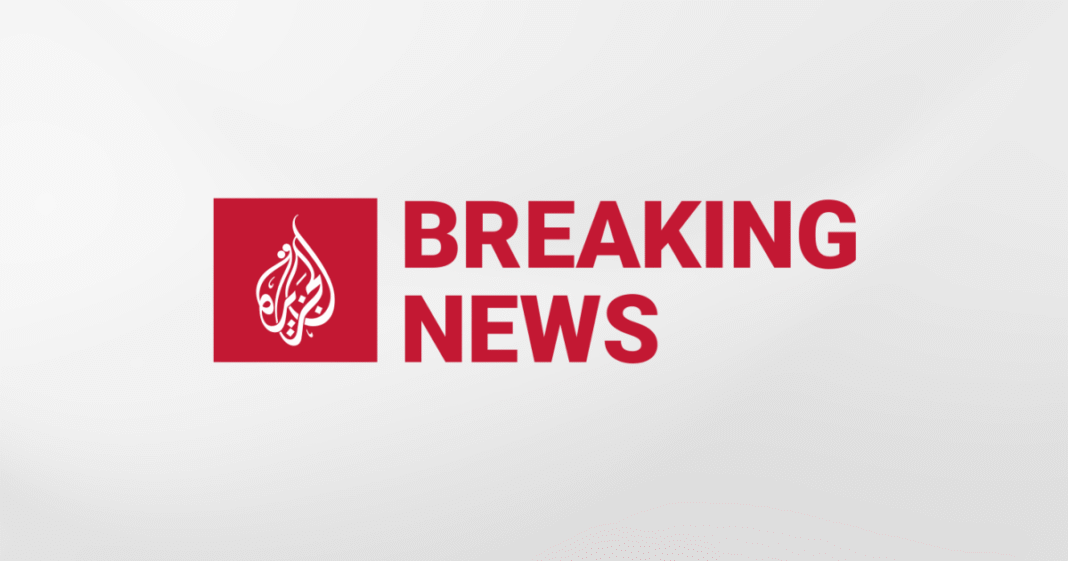Voices Rising Amid the Gaza Humanitarian Catastrophe
recently, tens of thousands convened in Tel Aviv, demanding their government take urgent steps to secure the freedom of two Israeli hostages held captive in Gaza. Disturbing images circulated by Hamas revealed these prisoners enduring extreme starvation, underscoring the severe consequences of Israel’s blockade on Gaza that has been in place sence March.
The Escalating Food Crisis in Gaza
The ongoing blockade has precipitated a catastrophic humanitarian crisis. Current data shows that at least 210 people have died from starvation within Gaza, including over 100 children-numbers that continue to climb as access to essential supplies remains blocked. this dire situation has drawn widespread international condemnation, with many experts describing it as a deliberate famine imposed on the population.
Despite mounting global concern, a recent poll by an israeli research institute found that more than half of jewish Israelis surveyed expressed minimal empathy toward reports highlighting Palestinian hunger and suffering inside Gaza.
How Media Shapes Public Understanding
Mainstream Israeli media outlets have frequently minimized or reframed the severity of the crisis. For months, official statements have characterized widespread hunger not as a consequence of prolonged blockades but rather as part of what they call “a Hamas-engineered starvation tactic.” This narrative reflects long-standing tendencies within Israeli society to justify military actions while dehumanizing Palestinians affected by conflict.
Political commentators note that many Israelis experience internal conflict: they feel discomfort about moral questions yet find it difficult to reconcile these feelings with dominant national narratives supporting military operations.
The Power of Language in Framing Conflict
Sociologists studying discourse around this conflict observe deliberate linguistic shifts designed to soften harsh realities. terms historically associated with oppression are replaced by euphemisms-for example, “concentration camps” become “humanitarian zones,” and violent acts are described using sanitized phrases like “neutralization.” Military campaigns are often named after biblical references instead of straightforward dates or events, creating a distancing effect between language and lived experiences.
Divisions within Israel: Protests and Political Polarization
The domestic response remains deeply divided. Prominent human rights organizations such as B’Tselem and Physicians for Human Rights have publicly condemned Israel’s military actions against Gaza as genocidal amid growing nationwide protests. Conversely, just days earlier hundreds gathered outside parliament calling for continued military offensives; this group included wounded soldiers and families personally impacted by captivity situations.
A Shift Emerging from Society’s Edges

A subtle but notable change is taking root among certain segments within Israel who increasingly recognize the gravity of food shortages in Gaza despite official denials or downplaying efforts. A member of Knesset representing Hadash-Ta’al highlights growing public awareness about real hunger caused directly by policies linked to Israel’s blockade strategy.
Activists like Alon-Lee green from Standing Together emphasize expanding resistance across diverse social groups united against war-whether motivated by concerns over compulsory military service risks or ethical objections regarding violence inflicted upon Palestinians:
“We embrace anyone opposing this war nonetheless of their reasons,” he affirms resolutely.
The devastating Human Cost Behind Numbers
The toll on human life is staggering: as October 2023 more than 61,500 Palestinians have perished due either to direct violence or being trapped beneath rubble following airstrikes-a figure still rising amid ongoing hostilities-and yet much within Israeli society struggles fully acknowledging this reality.
moral Challenges Amidst Ongoing Conflict
Sociologist Yehouda Shenhav-Shahrabani argues that societal narratives tied historically to Holocaust memory appear increasingly strained under current conditions:
“The symbolic weight once carried by those memories seems diminished; moral claims connected thereto feel eroded.”
Navigating an Intricate Crossroad Ahead
This evolving scenario exposes profound rifts both inside Israel itself and between it and international actors who grow ever more critical regarding humanitarian conditions inside Gaza-including former allies reconsidering diplomatic positions related to Palestinian statehood recognition if meaningful resolutions remain out of reach.





